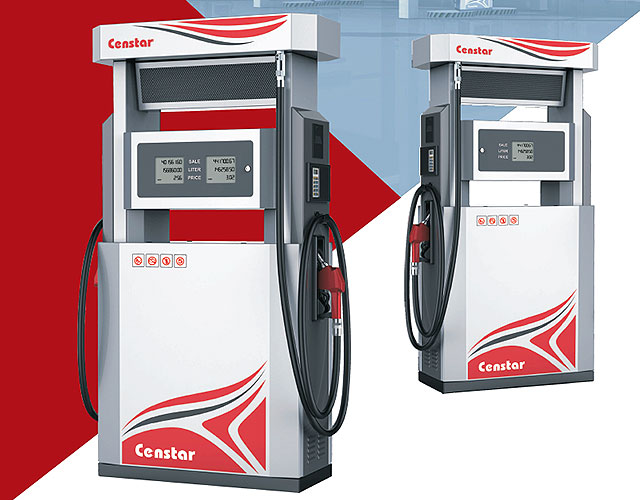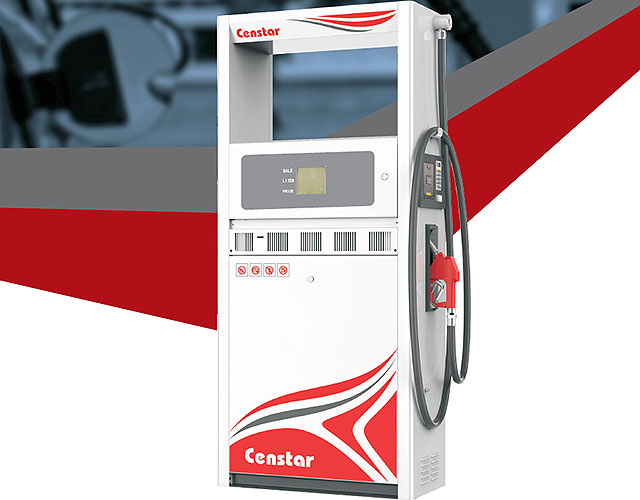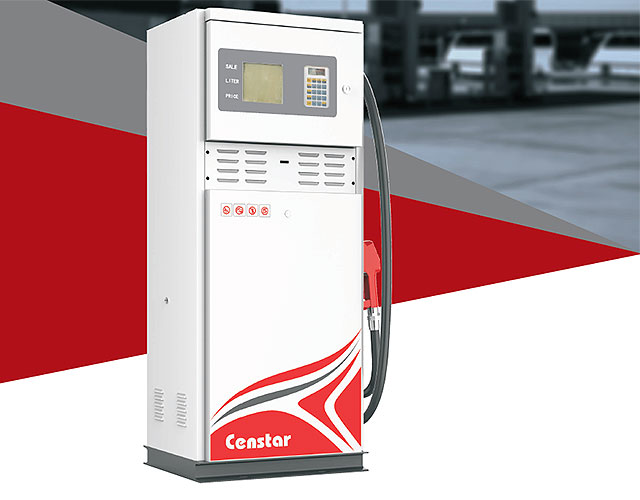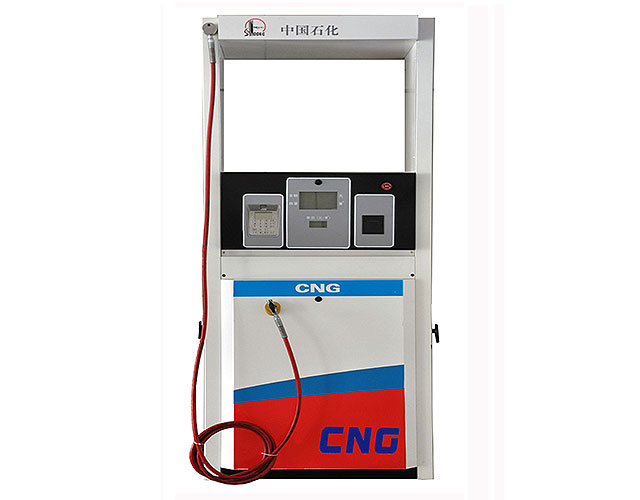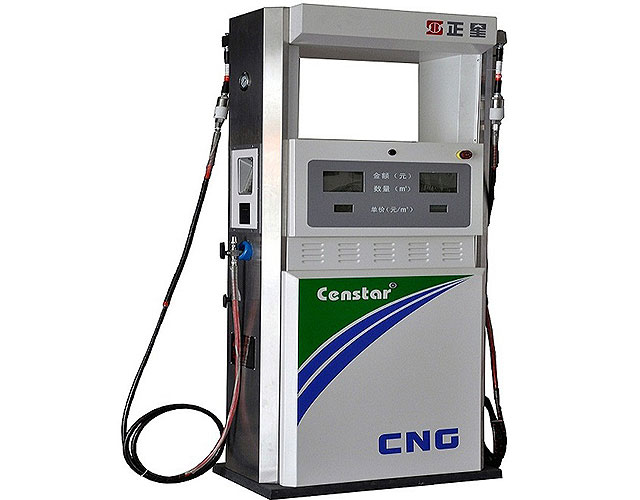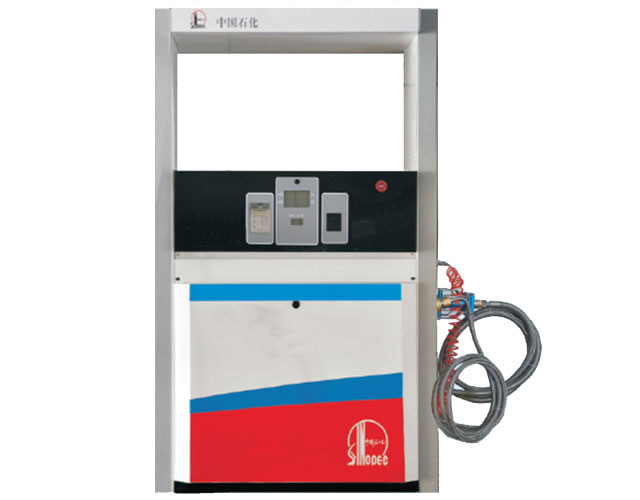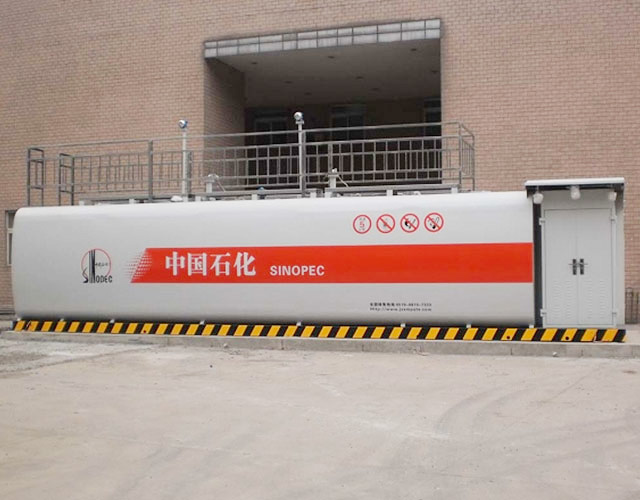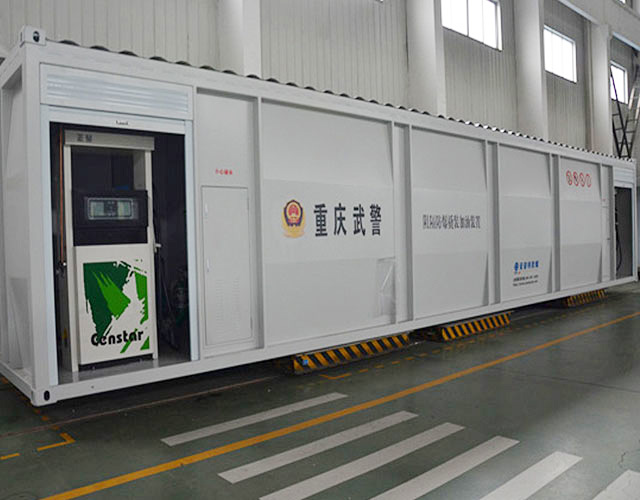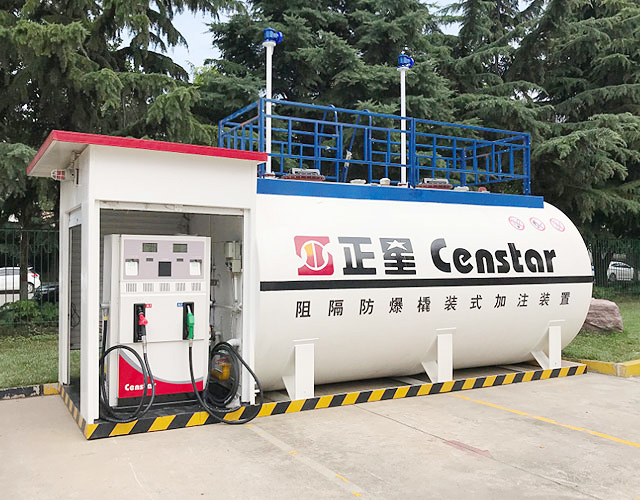onboard vapour recovery system

Frustrating to fill gas tank Maintenance/Repairs Car
The problem might be with the Onboard Refueling Vapor Recovery system. When filling the gas tank the fuel vapors are forced into the carbon canister in the EVAP system so they can be collected before the gas tank vents into the atmophere. If there’s a restriction in the EVAP system the fuel tank can’t vent properly when being filled.

Repair Guides Components & Systems On board
The emission control principle in the On Board Refueling Vapor Recovery (ORVR) system is that the fuel flowing into the filler tube (approx. 1 in. I.D.) creates an aspiration effect, which draws air into the fill tube. During refueling, the fuel tank is vented to the vapor canister to capture escaping vapors.

Active On Board Vapor Recovery System
Active On Board Vapor Recovery System. To improve upon the current system of reducing evaporative losses, we have developed an on board vapor recovery system and apparatus for vehicles that utilize a volatile fuel source. The method involves the operative control of the internal combustion engine through the sensing of the composition of the

Stage II Gasoline Vapor Recovery Regulations Ozone
Since the early 2000s, new passenger cars, light duty trucks, and most heavy duty gasoline powered vehicles have been equipped with onboard refueling vapor recovery (ORVR) systems. ORVR systems are carbon canisters installed directly on automobiles to capture the fuel vapors evacuated from the gasoline tank before they reach the nozzle of a gas pump.

On board Vapor Recovery System , 2011 Escape
Yes, the design which specifies the Vapor Recovery System is traditional style Cap , and that is the one I want. Re: On board Vapor Recovery System , 2011 Escape February 13th, 2011, 5:38 pm

2008 Ford Escape Gas Fuel Vapor System Ford Parts Giant
offers the lowest prices for genuine 2008 Ford Escape Gas parts. Parts like Fuel Vapor System are shipped directly from authorized Ford dealers and backed by the manufacturer's warranty. Parts fit for the following vehicle options. Engine: 4 Cyl , 4 Cyl Hybrid Gas/Electric DOHC, 6 Cyl DOHC EFI Modular.

Damaged Vapor recovery system? Car Talk Community
Damaged Vapor recovery system? Maintenance/Repairs. BB MI. J , 9:43pm #1. how can you tell if your vapor recovery system is faulty? I cannot fill my gas tank unless I very slowly put gas in. It takes forever to even put in a few gallons. I think the vent is plugged or I overfilled the tank and got gas in the canister.

US Patent for Onboard vapor recovery detection Patent
Turning now to FIG. 2, the vehicle fuel tank 20 of an ORVR vehicle has an associated onboard vapor recovery system 24. These onboard vapor recovery systems 24 typically have a vapor recovery inlet 26 extending into the tank 20 (as shown) or the filler pipe 22 and

What is the onboard refueling vapor recovery system? Honda
Fuel vapors are pollutants they create hydrocarbons in the atmosphere and add to the smog choking many US cities. Your Accord has quite a few different emissions control systems, including an onboard refueling vapor recovery system. When you fill up, the vapors are stored in a charcoal canister. They’re then burned in the engine while you drive.

Onboard Refueling Vapor Recovery (ORVR) YouTube
Video describing Onboard Refueling Vapor Recovery (ORVR) technology for light duty vehicles. A Chinese version is available here: /ETThAUtT5cY. Video provided by the Manufacturers of

Onboard Refilling Vapor Recovery System Toyota Sequoia
On board Refilling Vapor Recovery (ORVR) system is used to recover fuel vapors into EVAP canister that are generated during refueling. ORVR system consists of fuel inlet pipe, overfill check valve and EVAP canister. See Fig. 66 . When fuel tank cap is removed, atmospheric pressure is applied to port "A" on overfill check valve. See Fig. 67 .

US4887578A On board refueling vapor recovery system
An onboard refueling vapor recovery system for a motor vehicle prevents fuel vapor displaced from the vehicle fuel tank during a refueling operation from being discharged into the atmosphere and stores the fuel vapor for subsequent combustion in the vehicle engine.

Vapor recovery Wikipedia
Vapor recovery is also used in the chemical process industry to remove and recover vapors from storage tanks. The vapors are usually either environmentally hazardous, or valuable to be recovered. The process consists of a closed venting system from the storage tank ullage space to a vapor recovery unit (VRU) which will recover the vapors for return to the process or destroy them, usually by oxidation.

P1456 Honda Evaporative Emissions Control System Leakage
In addition, the onboard refueling vapor recovery system (ORVR) stores fuel vapor generated when refueling in the EVAP canister. The EVAP control system leak detection method improves the accuracy and frequency of the detection by determining faulty components and vapor leakage for each part.

Oil & Gas Vapor Recovery Systems PetroGas Systems
Vapor Recovery. VOC and HAP emissions pollute the atmosphere and the air we breathe. Governmental agencies have mandated the control of these emissions. They can be controlled by destruction (incineration) or by recovery. PETROGAS offers systems for the recovery of emissions using absorption, refrigeration, or adsorption.

EPA Stage II Vapor Recovery Systems Issue Paper
The Stage II vapor recovery program is required by section 182(b)(3) of the Clean Air Act (CAA), 42 U.S.C. 7511a(b)(3). The CAA directs State or Local air pollution control agencies with “moderate” or worse ozone national ambient air quality standards’ (NAAQS) nonattainment areas to require Stage II

Onboard refueling vapor recovery Wiki Everipedia
An Onboard refueling vapor recovery system (ORVR) is a vehicle fuel vapor emission control system that captures volatile organic compounds (VOC, potentially harmful vapors) during refueling. There are two types of vehicle emission control systems: the ORVR, and the Stage II vapor recovery system.

Air Quality: Widespread Use for Onboard Refueling Vapor
The EPA has determined that onboard refueling vapor recovery (ORVR) technology is in widespread use throughout the motor vehicle fleet for purposes of controlling motor vehicle refueling emissions, and, therefore, by this action, the EPA is waiving the requirement for states to implement Stage II gasoline vapor recovery systems at gasoline

OFFICE OF AUG AND STANDARDS il:. US EPA
In that notice the Administrator also exercised her authority to waive the statutory requirement that Serious, Severe, and Extreme ozone nonattainment areas adopt and implement EPA programs requiring Stage II gasoline vapor recovery systems (VRS) at certain gasoline dispensing facilities (GDFs).

On Board Refueling Vapor Recovery (ORVR) Fixya
The ORVR (On Board Refueling Vapor Recovery) system consists of a unique fuel tank, flow management valve, fluid control valve, one way check valve and vapor canister. The ORVR (On Board Refueling Vapor Recovery) system is used to remove excess fuel tank vapors. This is done while the vehicle is being refueled..

Onboard Refueling Vapor Recovery: Evaluation of the ORVR
This analysis focuses on the implementation of Onboard Refueling Vapor Recovery (ORVR) systems in the US and compares the pros and cons of using ORVR and Stage II controls to limit refueling emissions. ORVR and Stage II controls refer to emission control systems that capture fuel vapors

On Board Refueling Vapor Recovery (ORVR) Gilbarco
Veeder Root’s On Board Refueling Vapor Recovery (ORVR) Hanging Hardware System is designed to detect ORVR vehicles and substantially limit air from seeping into your underground storage tanks. This helps reduce vaporized product loss at the pump and can save you thousands of dollars annually.

8. On board Refueling Vapor Recovery (ORVR) System
ON BOARD REFUELING VAPOR RECOVERY (ORVR) SYSTEM EC(H4SO) 24. While refueling As the fuel enters the fuel tank, the tank inside pressure increases. When the inside pressure be comes higher than the atmospheric pressure, the port of the vent valve opens, allowing the fuel va pors to be introduced into the canister through the vent line.

Fuel Vapor Recovery System Onboard Refueling Vapor
Fuel Vapor Recovery System (Onboard Refueling Vapor Recovery) Gasoline may volatilize quickly if exposed to the open environment, which can cause significant damage if exposed to an ignition source and is a waste of resources.

DEEP: Gasoline Dispensing Facilities Connecticut
Onboard Refueling Vapor Recovery (ORVR) captures fuel vapors from the vehicle gas tank during refueling. In vehicles with ORVR, the gas tank and fill pipe are designed so that when refueling the vehicle, fuel vapors in the gas tank travel to an activated carbon packed canister, which adsorbs the

ORVR Systems Stant
Onboard Refueling Vapor Recovery (ORVR) is a vehicle emission control system that captures fuel vapors from the vehicle gas tank during refueling. These vapors are then burned through the combustion chamber during vehicle operation preparing (purging) the canister for the next refueling event.

Vapor Recovery California Air Resources Board
The California Air Resources Board’s (CARB) Vapor Recovery Program controls vapor emissions from gasoline marketing operations (gasoline dispensing facilities or service stations, tanker trucks (cargo tanks), bulk plants, and terminals), where gasoline vapor is a precursor to the formation of ozone and contains benzene, a constituent of gasoline vapor that has been identified as a toxic air contaminant.

BMW and MINI Fuel Vapor Recovery Systems Charcoal
MAINTAINING YOUR FUEL VAPOR RECOVERY SYSTEM. In the vapor recovery system, the gas cap seals the fuel system, the charcoal canister receives and stores the raw fuel vapors, and the purge valve (in the line between the canister and the intake manifold) controls the flow of vapors from the canister to the engine for burning.

Safety Implications of Onboard Refueling Vapor Recovery
EPA is presently evaluating the use of onboard vapor recovery systems (onboard systems) as a means of controlling refueling emissions. The potential safety implications of such controls require special consideration, because implementing onboard systems will involve some minor modifications of the vehicle fuel system.

On Board Refueling Vapor Recovery (ORVR) Fixya
In addition, the onboard refueling vapor recovery system (ORVR) stores fuel vapor generated when refueling in the EVAP canister. The EVAP control system leak detection method improves the accuracy and frequency of the detection by determining faulty components and vapor leakage for each part.

View topic Fuel Pump with vapour recovery
You can look on all sorts of sites and get different numbers. It's best to lift up the rear seat and cover and see if your sticker with part number is visible. It was on my 05 after I cleaned all the crap off it. Also fordparts site is pretty good if you enter your vin. I am guessing an 08 would have vapor recovery

Onboard Refueling Vapor Recovery (ORVR) System
Vehicle fuel emissions are harmful to people and the environment. Therefore, it is important to prevent the harmful effects of these emissions. Onboard Refueling Vapor Recovery (ORVR) is a vehicle emission control system that controls emissions by getting fuel vapors (while refueling) absorbed by the filtering component.

Nissan Sentra Service Manual: On board refueling vapor
Without CONSULT. Blow air into the refueling EVAP vapor cut valve (from the end of EVAP/ORVR line hose), and check that the air flows freely into the tank Check refueling EVAP vapor cut valve for being stuck to open as per the following. Connect vacuum pump to

2005 ford escape:
i have 2005 ford escape v6 wont go over 35 miles hour took of fuel filter was no pressure gas just trickled out .replaces filter same problem. went to get fuel pump need to know if i have onboard vapor recovery system how can i tell

Tank Pressure Management for Enhanced Vapor Recovery
A centralized vapor recover system requires that all components be leak free and work together. This includes the USTs, Stage I fittings, underground piping, dispensers and the Stage II equipment. Leaks anywhere in the vapor recovery system can cause them to operate abnormally and eventually go into alarm.

Important Information On Board Refueling Vapor
Important Information On Board Refueling Vapor Recovery (“ORVR”) Compatible Phase II Systems The California AirResources Board’s (CARB) On Board Refueling Vapor Recovery (ORVR) regulations establish new vapor recovery requirements that apply to new and existing gasoline dispensing facilities.

Onboard refueling vapor recovery explained
An Onboard refueling vapor recovery system (ORVR) is a vehicle fuel vapor emission control system that captures volatile organic compounds (VOC, potentially harmful vapors) during refueling. There are two types of vehicle emission control systems: the ORVR, and the Stage II vapor recovery system.

Enhanced Vapor Recovery (EVR) For Gasoline Dispensing
vapor recovery systems Certified Unified Program Agencies (CUPAs) permit GDFs and enforce UST program rules Water Resources Control Board USTs, Overfill Prevention, Secondary Containment Local Air Pollution Control Districts (APCD) Permit GDFs and enforce vapor recovery rules S T A T E L O C A L State Fire Marshal Approval part of vapor

US8978626B2 On board vapor recovery system and apparatus
A vapor recovery system for an internal combustion engine is provided, the system having a fuel tank containing fuel and vapor that is in select fluid communication with an intake of the internal combustion engine, a compressor, a condensate tank, a condensate composition sensor, and an engine control unit.

Onboard refueling vapor recovery Wikipedia
An Onboard refueling vapor recovery system (ORVR) is a vehicle fuel vapor emission control system that captures volatile organic compounds (VOC, potentially harmful vapors) during refueling. [page needed] There are two types of vehicle emission control systems: the ORVR, and the Stage II

Onboard Refueling Vapor Recovery (ORVR) Regulations for
An integrated system approach would allow manufacturers to make use of the upgraded evaporative control hardware (common carbon canister, purge system, vapor hoses, etc.) as part of their ORVR control strategy and thus address both system complexity and cost issues.

Gasoline Vapor Recovery (Stages I and II) TCEQ www
Stage II Vapor Recovery System Enforcement Discretion Directive. GDFs currently equipped with Stage II systems must continue to comply with existing Stage II requirements in 30 TAC Part 1, Chapter 115, Subchapter C, Division 4 . Also, GDFs that meet the requirements of this directive must continue to comply with the Stage I requirements in 30 TAC

EPA Stage II Vapor Recovery Systems Issue Paper
Recent Onboard Decision on Stage II Requirements in Moderate Nonattainment Areas. 6 Technical Guidance: Stage II Vapor Recovery Systems for Control of Vehicle Refueling Emissions at Gasoline Dispensing Facilities, Volumes I and II. U.S. Environmental Protection Agency. EPA Publication No. EPA 450/3 91 022a and EPA Publication No. EPA

FACT SHEET FINAL RULE DETERMINING WIDESPREAD USE OF
Stage II vapor recovery systems capture these vapors at the gasoline pump nozzle and carry them back into the underground storage tank at the service station. ORVR systems are carbon canisters installed in automobiles to capture gasoline vapors evacuated from the


